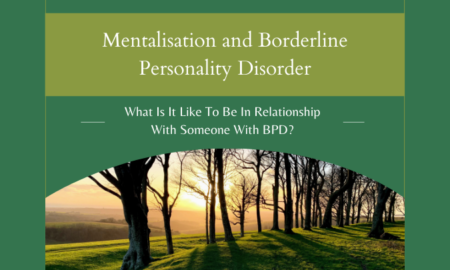Anger Management
Anger is an acceptable feeling and functional response to desire to change or do something in the present. Yet sometimes we can feel overwhelmed by our angry feelings and it becomes a struggle to deal with our own anger. We may find it difficult to name an origin or cause for our anger. We may not see how it came to be nor how to manage what is going on for us. In these cases therapy can help explore what is going on for you.
Healthy Anger and Unhealthy Anger
Authentic anger results when your boundaries are jeopardised in some way or if your needs are not met and comes from a place of wanting to get something to change. It can be problem solving and a ‘vehicle for change’, i.e. a healthy way to get things done. It may also be a very appropriate response to a current situation. Anger is also a primary emotion and a survival tool, it can help get things done.
Therapy for Anger Management
In therapy together we can explore your anger when it is no longer expressed in a healthy way and may have evolved into aggressive ways of being. Together we can help you to understand how and why you express anger in the way that you do. With increased self-awareness about your own anger, we can then continue to work through those feelings. On your journey we can explore what it is you may want to change and how to do it. This may be to develop healthier coping mechanisms for expressing your anger and to develop more constructive ways of getting your needs met.
Frequently Asked Questions
The terms ‘Psychotherapy’ and ‘Counselling’ are often used interchangeably and essentially they are both characterised by a form of “talking therapy”. You will see many practitioners will use both terms when referring to themselves.
Fundamentally both psychotherapy and counselling have the same goal of providing relief to someone with some sort of psychological symptom or obstacles although there are some subtle differences.
‘Counselling’ is often used to describe a shorter-term process than psychotherapy. A goal in counselling is to enable someone to make better use of resources they may already have in place. Counselling often focuses on a specific issue, life event or experience or on a particular symptom.
‘Psychotherapy’ is often a longer process of treatment and focuses on facilitating the exploration and development of new resources for a person. In psychotherapy you will have the chance to look deeper into the root of your issues. You will have the chance to explore patterns of behaviour, thinking and feeling in your life at a greater depth that allow you to focus more on your way of being in the world.
Psychotherapy training is also a more rigorous and academic process.
Someone who may be in training to be a Psychotherapist may refer to themselves as a Psychotherapeutic Counsellor until they have completed certification to be known as a Psychotherapist.
I hope that my website has given you an overview of who I am and how I work and if you are interested in finding out more I would recommend an initial consultation to meet each other to see if it feels right for you when we are in the room together. We will probably be able to establish quite early on if I am the right person for you.
Choosing a therapist is a very individual choice and I recommend you take the time to meet at least a couple people with a view to having some thought about who you may work best with. I believe that each relationship is individual and unique and it is a privilege for me to get to know people I see and to support them on their therapeutic journey. Relationship is central to building a therapeutic alliance and working together, so trust your instinct to make a decision and start your own journey.
I look forward to meeting you!
Following our initial assessment, if you would like to start sessions together we will agree a day and time for your sessions. I will send you a standard therapy agreement that outlines my commitment to you and it details much of what I would have discussed in the assessment session. This includes details of my professional commitments and of the administrative aspects of our therapeutic relationship. We will both have a signed copy of this agreement.
Payment is due each session and I accept cash or BACS transfers. Any missed sessions with less than 48 hours notice will be payable on the following session.
If you want to work longer term I am also happy to work on monthly payments.
Book a Consultation
Anger Related Blog Posts

In a Relationship with Someone with BPD?
Being in a relationship with someone who has Borderline Personality Disorder (BPD) can be emotionally intense and, at times, confusing. You may experience moments of deep connection, only to be…

Anger vs. Aggression: What's the Difference?
Anger is an acceptable feeling. Aggression is a behaviour. For many, anger is a problem feeling. It gets a bad name and is considered tricky and challenging to address and…
Ready to Make a Change? Book an Initial Consultation Today
If you have any questions at all about therapy or would like to make an appointment, get in touch. I will usually be able to respond to you within 24 hours.
